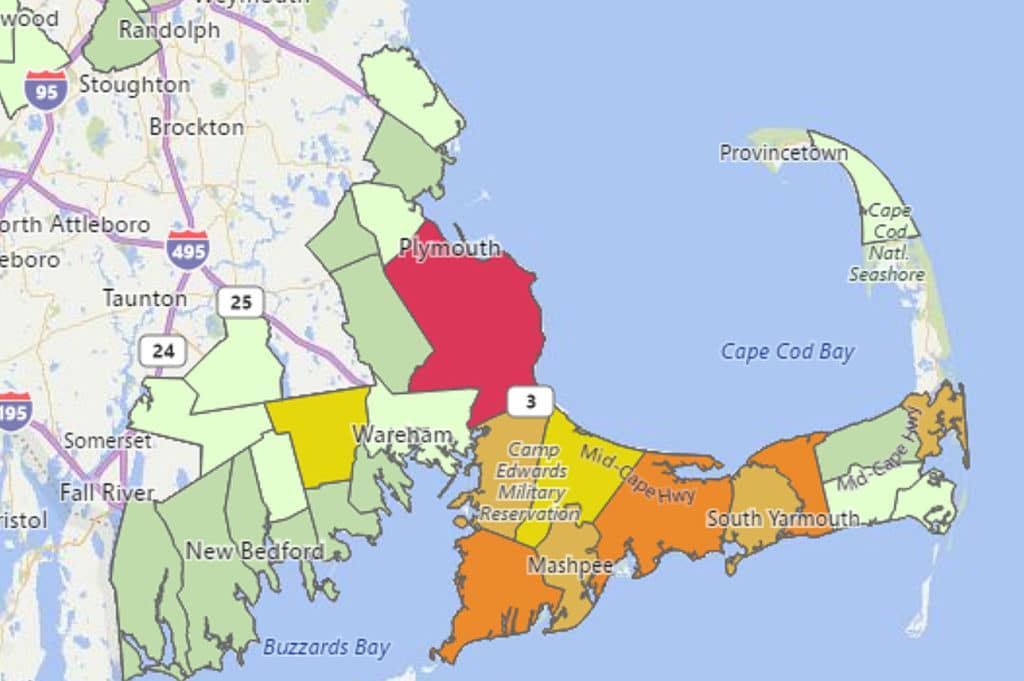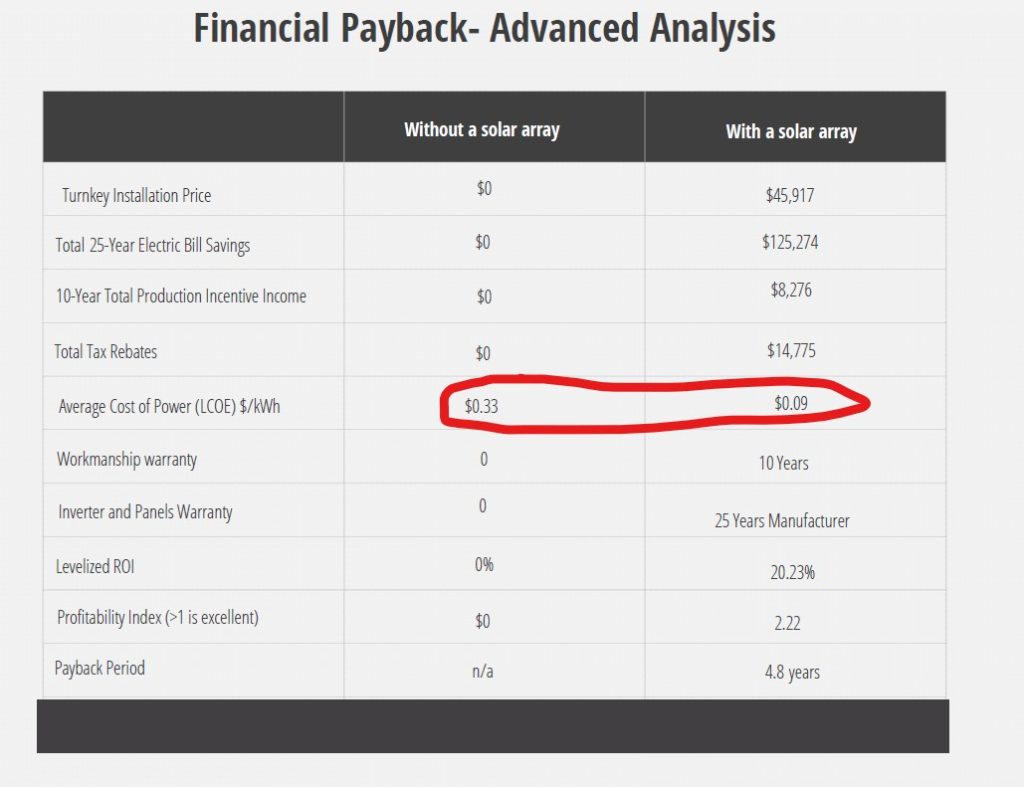Last fall, regulators in MA allowed Eversource raise electric rates by 43 percent, and National Grid by 64 percent.
Now more than ever, homeowners are considering solar to combat surging Massachusetts electricity prices.
What we know:
- On average, consumers paid 14.3% more for electricity last year than they did in 2021. That’s more than double 2022’s average inflation rate of 6.5%, according to the U.S. Bureau of Labor Statistics’ Consumer Price Index data released Jan. 12. Month to month, electricity prices rose 1%, while the overall CPI decreased by 0.1%.
- On January 10, the Energy Information Administration predicted that residential electricity prices are expected to rise more slowly. Prices recently jumped from 13.66 cents per kWh in 2021, to 15.07 cents a kWh in 2022. Prices are expected to continue increasing, to 15.45 cents a kWh this year and 16.07 by 2024.
- Electricity to heat homes is expected to cost 10.2% more this winter over last year, or $1,359 for the season, according to the National Energy Assistance Directors’ Association.


An Insider’s Perspective

When I started to read the backlinks, the first thought that came to mind as a SouthCoast MA solar designer was “Dude! I wish our average was only $0.15/kWh!”
I look at a lot of electric bills – over a thousand a year, from where I’m sitting. I can tell you very matter of factly that people down around me in Dartmouth, Mattapoisett, Falmouth, etc. are blown away at how their bills looked this January. I’m seeing $0.33-$0.44/kWh out there from people that are on the base rate…and even higher from those who entered questionable 3rd party arrangements years ago.
So why do people turn to solar as an option to reduce this expense? Doesn’t it cost a ton? Well… no! Let’s compare solar side by side with Massachusetts electricity prices to see how much money solar can save over time:

Claim the Incentives:
Take a look at our post from 2022 that shows how to claim all the available incentives. When we include the incentives, the levelized costs over 10 years drops below $0.20/kWh – assuming that you use your home in exactly the same way as you did before installing solar panels. If you live in your home for 20 or more years, you will have paid less than $0.10/kWh. We can completely side-step these surging Massachusetts electricity prices with a solar installation.
Net Metering Rocks!
“So.. what about cloudy days? What about snow? What if the sun sets at night?”
Here in Massachsuetts, owners of solar power systems don’t need to worry about cloudy days or energy storage, because our electrical grid allows you to ‘store’ your solar’s excess generation via its net metering program. Net metering allows your meter to keep track of the excess electricity your solar system sends to the grid, and lets you to use your stored electricity credits later. Using heat pumps, you can heat your home on a December evening using the extra electricity your system sent to the grid on a sunny day in May.
We recommend that you read our guide, Net Metering Credits Vs. SMART Checks Explained, to learn more about what you can expect from your solar system, and how it can protect you from Massachusetts electricity prices.


